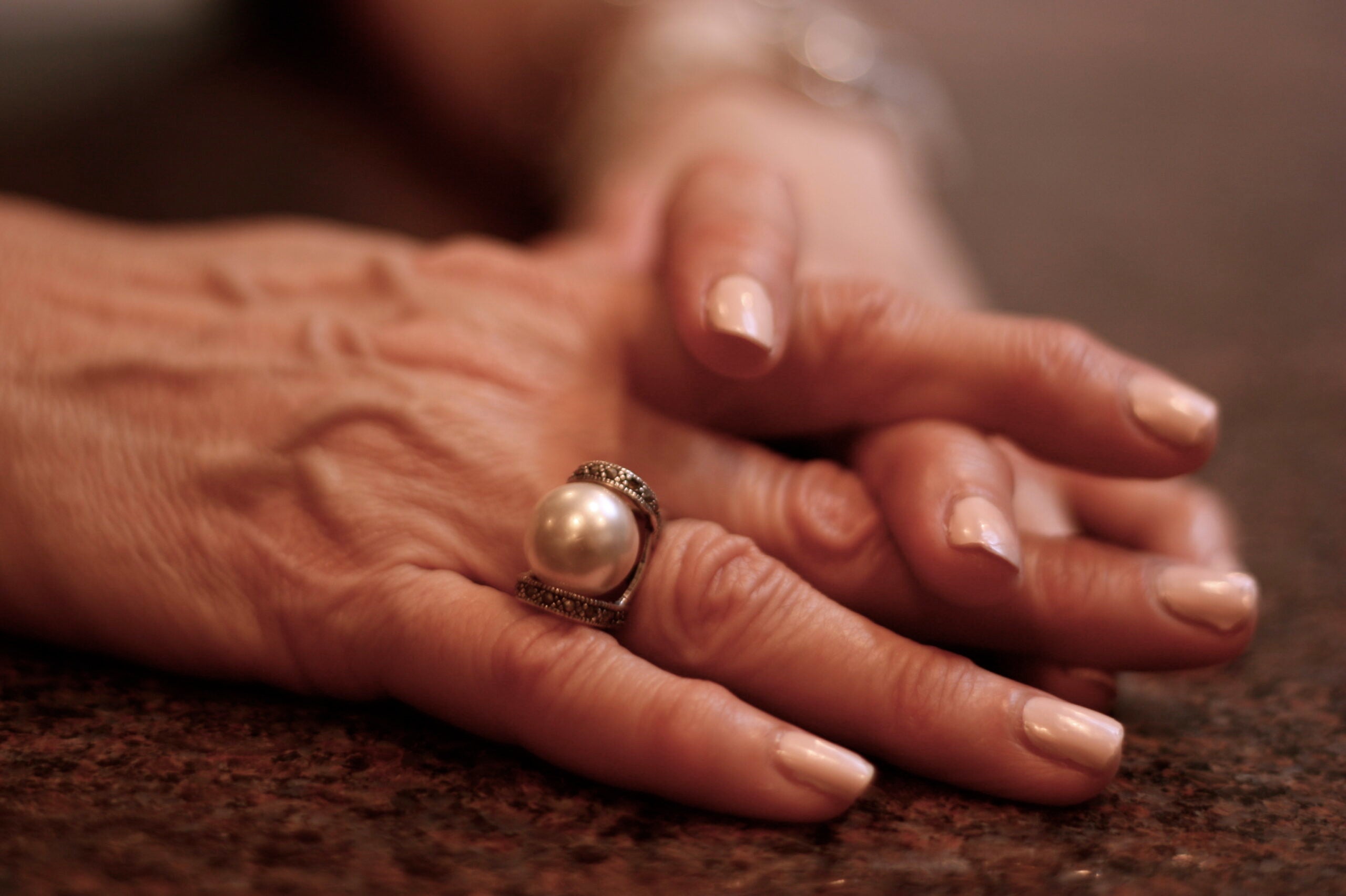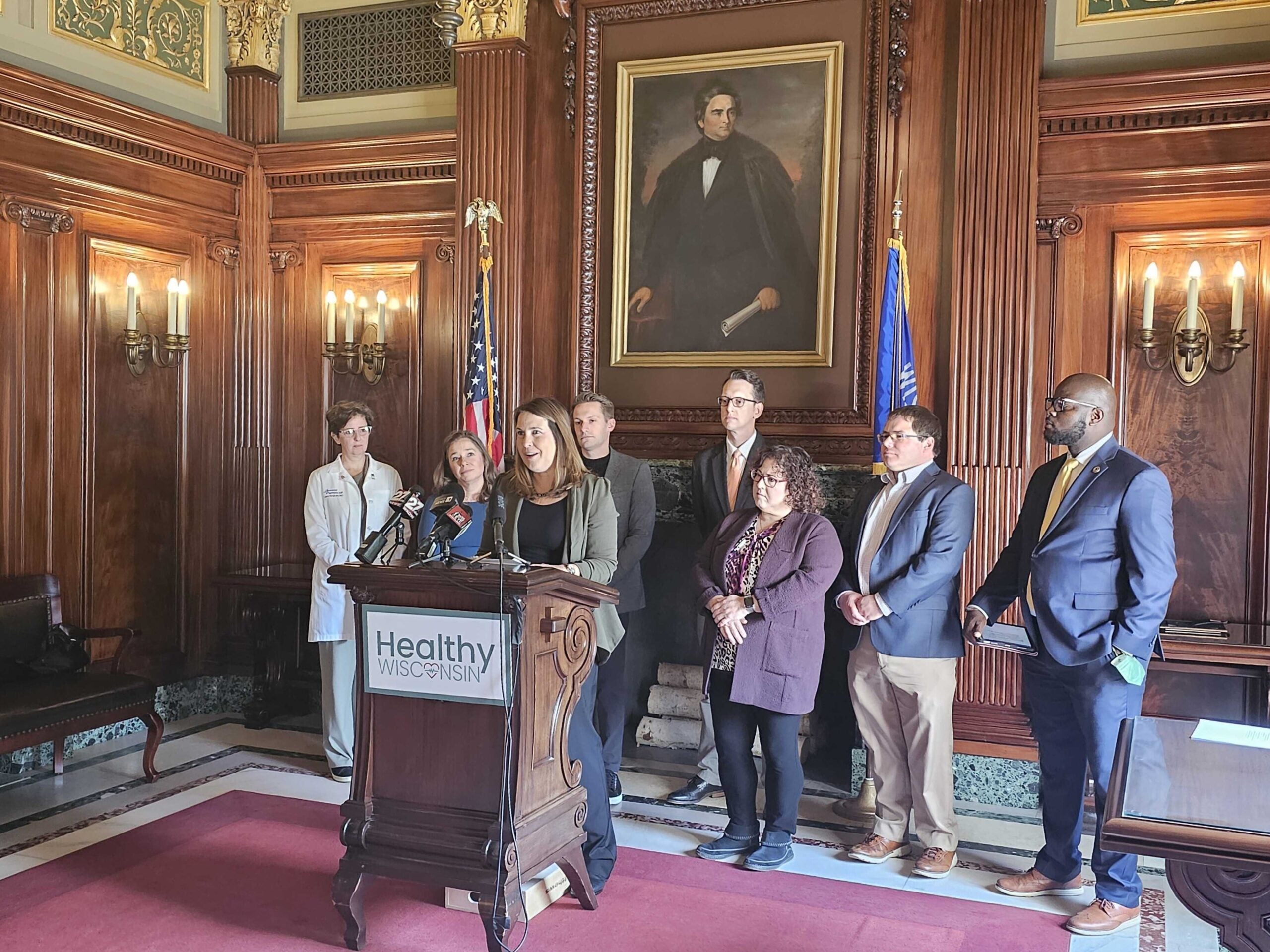With more patients and families choosing home hospice care and an end of life option, leftover opioid painkillers are increasingly the target of theft from family members or caregivers. We learn about the scope of the problem and calls for oversight. President Trump visits Texas today to view the destruction left by Hurricane Harvey. We hear how the public has responded to the actions of past presidents on hurricanes and how the Trump Administration is handling things. Also, a preview of “Los Dells” an innovative Latin music festival happening in the Wisconsin Dells!
Featured in this Show
-
Journalist: Hospice Care Is Battlefront In Era Of Opioid Crisis
It’s well known that the U.S. is facing an opioid addiction crisis, with overdose deaths rising steadily over the past decade.
Melissa Bailey, a reporter at Kaiser Health News, wrote an article that delves into a different facet of the crisis: at-home hospice care.
“Because this opioid epidemic is really affecting everyone, rich and poor, you can’t make assumptions about who might be at risk,” said Bailey.
In her reporting, Bailey encountered stories of those who stole and abused opioid prescription painkillers from at-home hospice patients.
“There’s no real good national data on this problem. We don’t know how common this is, but we do know that enrollment in hospice has been rising rapidly. About half of people who die in America are now in hospice care. And most of the time hospice staff are actually coming to the home,” Bailey said on “Central Time.”
And of course, opiate overdose deaths are on the rise as well.
Hospices are in a difficult position because terminally ill patients receiving palliative care need pain medication, but people in their lives, including hospice staff themselves, might be at risk for stealing and abusing that medication.
In terms of solutions, several experts that Bailey spoke with suggested mandated screenings of patients and their families for drug abuse history, as well as writing agreements about what the family’s responsibility is and consequences for missing medication.
Some hospices that Bailey interviewed have taken steps to deal with this problem, including limiting the amount of medication that gets sent home at any one time, prescribing painkillers like methadone that are thought to be less abusable and having nurses count the medication every time they visit.
Overall however, there is scant oversight, she said.
After a patient dies, the U.S. Drug Enforcement Agency policy is that prescription drugs become property of the deceased’s family, Bailey said. So, that means hospice staff can’t confiscate or destroy drugs after a patient dies unless there’s state legislation in place.
Ohio, Delaware, New Jersey and South Carolina have such laws on the books, and Wisconsin, Illinois and Georgia moved forward similar bills earlier this year, according to Bailey’s article.
-
Amid Opioid Crisis, Drug Theft Becoming Problem In Home Hospice Care
When it comes to end of life care, more and more people these days are choosing home hospice care. That means in many cases, opioid drugs are being brought into the home to ease the suffering of patients…but amidst the backdrop of a nationwide opioid crisis, there’s a new problem emerging: those drugs are sometimes being stolen, often at the hands of friends, family members or even caregivers. A health reporter looks at the problem, and the calls for more oversight.
-
Federal Response To National Disasters Is Major Challenge For Presidents
As Texas continues to be pummeled by Tropical Storm Harvey, much of the nation’s attention has turned to the presidential response to the ongoing disaster in that state. A guest political expert looks at the federal response so far, and the impact a good or bad response to disaster can have on a presidency.
Episode Credits
- Rob Ferrett Host
- Veronica Rueckert Host
- Chris Malina Producer
- Melissa Bailey Guest
- Charles Franklin Guest
Wisconsin Public Radio, © Copyright 2025, Board of Regents of the University of Wisconsin System and Wisconsin Educational Communications Board.



